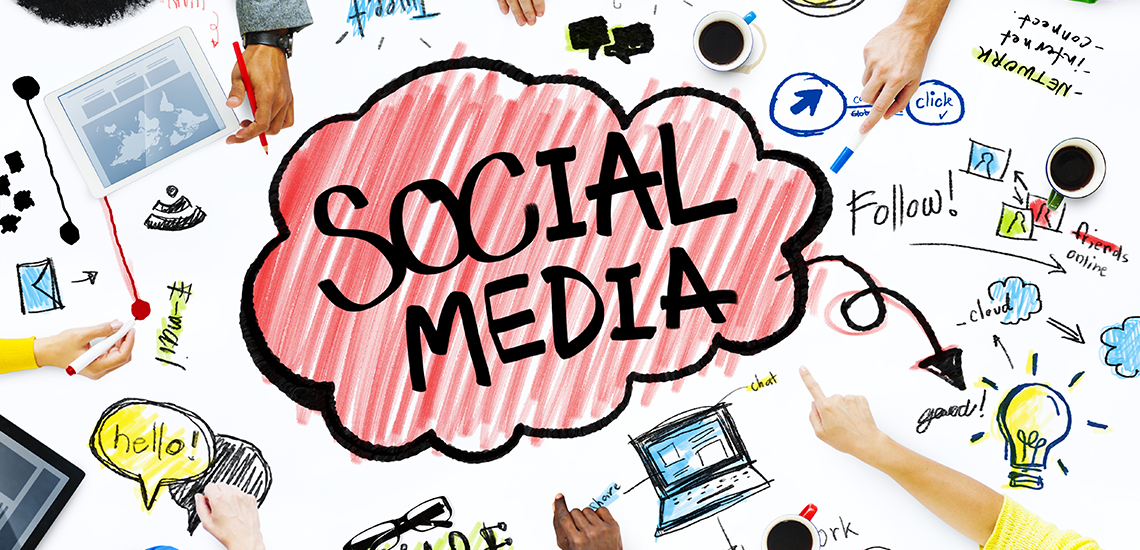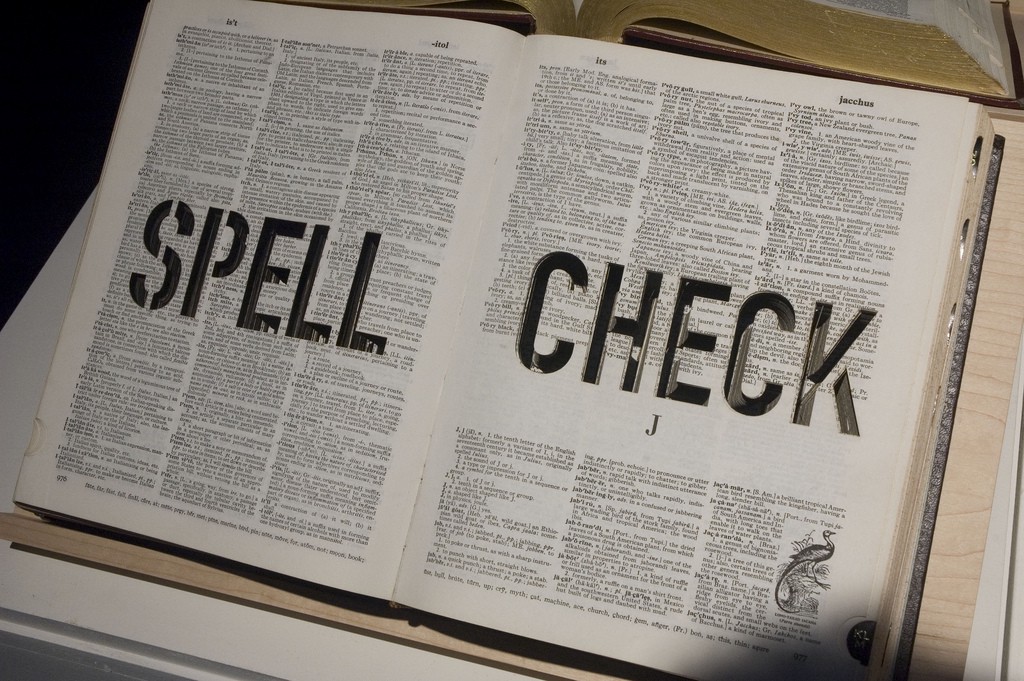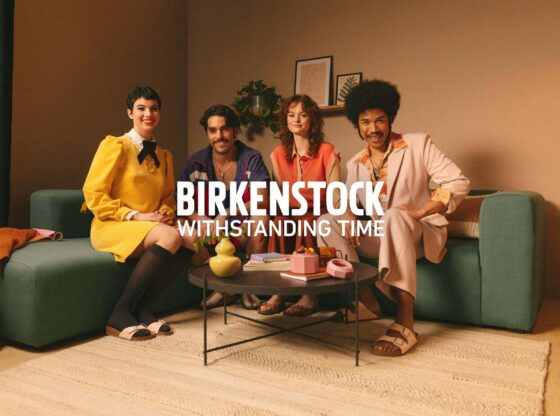![]()
I’m not very good with social media. It’s probably an age thing.

I’m definitely from the Groucho Marx school of thinking.
In the film Duck Soup, he said:
“Clear? Huh! Why a four-year-old child could understand this! Run out and find me a four-year-old child, I can’t make head or tail of it.”
That’s me!
I muddle through Facebook, don’t recall ever Tweeting in my life, don’t know how to get back into my LinkedIn account and wouldn’t recognise an Instagram if it reared up and bit me on a delicate part of my anatomy.

To me, Snapchat is a conversation with a crocodile.

If I find anything really confusing I ask my two sons who are in their 20s.
This could explain why I never made a concerted effort to take this magazine into the Twitter age although I am glad that friends currently at the helm seem to understand it all.
On Facebook, I keep getting invited to boost posts for REm.

Now, while I understand that this is not the same as hitting “Like” or “Share”, I would admit that the concept of paying to boost a post is all a little alien to me.
Obviously, this is a device to help small businesses get their messages out to more people. I don’t have a problem with that.
But, it’s a little annoying when you are on the receiving end.
Having to scroll through post after post of items on Facebook that are of little interest to me is frustrating.
But “live and let live” seems a decent motto to follow in these instances.
What I do find very annoying, however, is when I see three posts on exactly the same subject one after another in my queue.
My feeling is that if the first post is of little interest, the second is not likely to change my attitude and the third is likely to just tip me over the edge.
I suspect the reason for this is that I’m a member of a few groups on Facebook linked to property and items for sale in Pattaya.
My hunch is that the “boosters” get their messages sent to all the members of each of these groups – hence me receiving the same message three or more times.
You would think in this day and age that the geeks who have worked out how to send to these groups in the first place would be able to tailor their work so the same Facebook account does not receive the identical message several times.
Or would you?
I don’t know how much work might be involved, but it seems plain lazy and crazy to me.
Say, for example, you pay for your boosted post to reach an extra 1,200 people (the figure often quoted). If two of those boosted posts are wasted on me (given I will already have seen it once), I wonder how many new and different people your boost really reaches?
Not as many as you might hope, is the answer I keep coming up with.
My hunch is that of the 1,200 at least a couple of hundred fall on stony ground in the shape of unnecessary repeats. I have no way of proving this.

Small businesses may well take the view that if they still reach 1,000 new people out of the 1,200 they are happy.
My feeling is if the wizards at Facebook could weed out duplication, the boosters would be happier still.
So, what else do I find unacceptable about Facebook?
Well, the standard of the spelling in posts is pretty close to atrocious (yeah, I looked that word up in case I began by shooting myself in the foot).
One lash-up that sticks in my mind from a while back was in a comment from a friend (no names) on America’s gun laws. He declared that the American stance on guns “Beggers belief”.
Of course, it should be beggars with an a. I was tempted to comment something ‘witty’ like “so does your spelling” but thought it might just hack him off.
You don’t do that to mates … if you want to stay mates.

Another Facebook groan, although I think I’ve mastered it now, was that I was often sending messages before I had finished them.
I managed this by hitting the return button to start a new paragraph but, by doing this, I sent the message prematurely.
To avoid this happening, I’ve been in the habit of sending long messages as a single paragraph. I find these hard to read, never mind the poor person on the receiving end.
But, as I say, I think I’ve discovered the error of my ways which involves holding down an extra key at the same time as hitting the return.
Where will social media take us next?
Well, eventually, I reckon you won’t even have to hit the “Like” button.
Your computer screen’s camera will be able to sense from your facial expression if you like what you are reading or not and “Like” the message for you.
What next for me?
I’m off looking for an “acceptance” card to tell a former sister-in-law that I will be happy to attend her upcoming 70th birthday party.
Do they still sell such cards?
Be a lot easier if she were on Facebook!
By Dave Buckley












